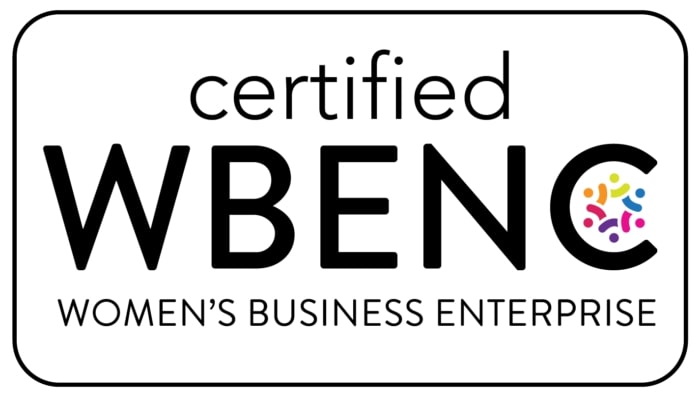USCIS REACHES FY 2014 H-1B CAP
For the first time since 2008, U.S. Citizenship and Immigration Services (USCIS) has reached the statutory H-1B cap of 65,000 for fiscal year (FY) 2014 within the first week of the filing period. USCIS has also received more than 20,000 H-1B petitions filed on behalf of persons exempt from the cap under the advanced degree exemption.
USCIS received approximately 124,000 H-1B petitions during the filing period, including petitions filed for the advanced degree exemption. On April 7, 2013, USCIS used a computer-generated random selection process (commonly known as a “lottery”) to select a sufficient number of petitions needed to meet the caps of 65,000 for the general category and 20,000 under the advanced degree exemption limit. For cap-subject petitions not randomly selected, USCIS will reject and return the petition with filing fees, unless it is found to be a duplicate filing.
The agency conducted the selection process for advanced degree exemption petitions first. All advanced degree petitions not selected were part of the random selection process for the 65,000 limit.
As announced on March 15, 2013, USCIS has temporarily adjusted its premium processing practice. To facilitate the prioritized data entry of cap-subject petitions requesting premium processing, USCIS will begin premium processing for H-1B cap cases on April 15, 2013. For more information on premium processing for FY 2014 cap-subject petitions, please see the related USCIS Alert.
USCIS will continue to accept and process petitions that are otherwise exempt from the cap. Petitions filed on behalf of current H-1B workers who have been counted previously against the cap will not be counted towards the congressionally-mandated FY 2014 H-1B cap. Accordingly, USCIS will continue to accept and process petitions filed to:
- extend the amount of time a current H-1B worker may remain in the U.S.;
- change the terms of employment for current H-1B workers;
- allow current H-1B workers to change employers; and
- allow current H-1B workers to work concurrently in a second H-1B position.
U.S. businesses use the H-1B program to employ foreign workers in specialty occupations that require theoretical or technical expertise in specialized fields including, but not limited to: scientists, engineers, or computer programmers.
Please feel free to contact us with any questions regarding this issue.




